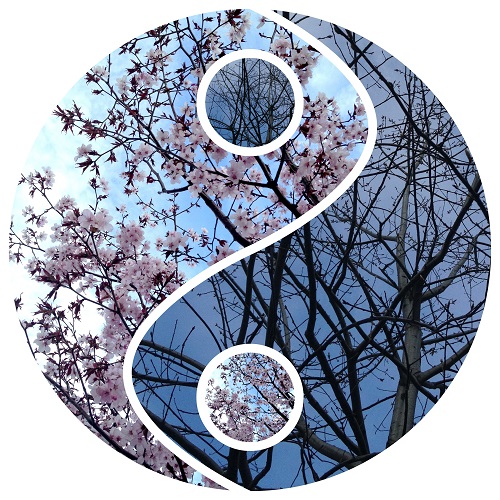FWP:
Well, this verse has a very strong central 'punch' effect in its clever play with the ideas of living and dying. The first line states a general thesis, and the second line proceeds to exemplify it and/or to demonstrate its truth.
This demonstration is not without some subtleties. The first half of the second line may be read as merely temporal: 'We began to live only after we saw her' (the speaker's real life didn't start until he fell in love). Alternatively, it can be causative as well: 'We live only from the effect of seeing her' (the sight of her is like a life-sustaining drug). And the 'she' who inspires such life-giving effects is also, paradoxically (or not), the one for whom the speaker's breath would leave him, for whom he would 'die of love'.
The whole thing is nicely organized, almost tied up with a ribbon. Bekhud Dihlavi considers it the 'high point of the ghazal'. And yet I've never cared much for it. It's a 'well-made' verse in a formal and technical sense-- it makes a seemingly paradoxical statement, then proceeds to demonstrate its truth. But how cut-and-dried, how mechanical it seems, compared to a complex and ultimately unfathomable verse like {219,6}. It also feels both too perky and too thumping in its rhythm, as other verses in this ghazal do not. It feels superficial, finite, limited-- terrible things to say about a verse of Ghalib's, especially one so apparently cute and amusing.
This verse is in fact one of a set: there are a number of
other verses in the divan that
play with back-and-forth imagery about living and dying. The most similar
of them include {95,6} (on 'living on hope'
and 'hoping to live'); {161,9} (on 'dying
to die'); {164,8} (on 'dying' as a form of
'living'). Compared to them all, however, {210,5}
comes far more hauntingly to mind; I do think it's the pick of the lot.

Nazm:
That is, the one having seen whom, we began to die for-- from seeing that very one we live; and to die and to live became one thing. (250)
== Nazm page 250